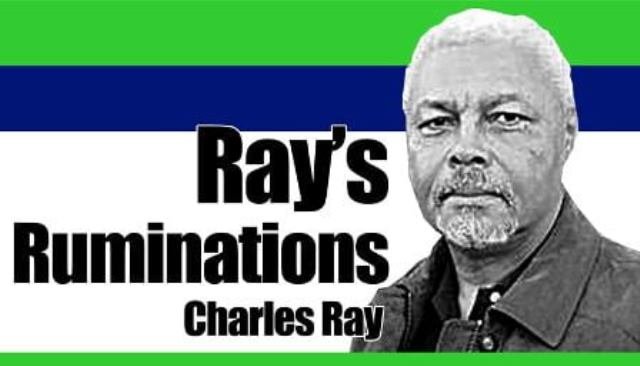
In a recent presentation to a group of young people interested in careers in foreign affairs I was asked what the most important traits of a successful diplomat are. In addition to the ability to listen and empathize with others, to be at home in new cultures, and being comfortable with ambiguity, I pointed out that one of the most valuable skills of a diplomat is the ability to disagree without being disagreeable.
From the confused looks I got it was clear that this needed explaining. So, just how do you disagree with someone without being categorized as a disagreeable person?
It’s really not hard if you put your mind to it.
It starts with the fact that your disagreement is with the facts or intent of an action or speech, not a personal disagreement with the actor. If, for instance, you believe an act to be immoral or even illegal, you make that clear while at the same time make clear that you’re not calling the person immoral or illegal.
I’ll give you an example. When I served as an ambassador, in both countries more than ten years apart I encountered situations where the governments of those countries were taking actions that my own government strongly disagreed with—primarily in how they treated their political opponents. It was my job to express this disagreement with the respective heads of state and foreign ministries. At the time, I also happened to have several cooperative programs going with those governments and there had been incidents in my own country where some local and state governments had treated political opponents badly and some cases of police misconduct. I delivered my message in an unemotional, nonjudgmental tone, and acknowledged that we have problems in my country, but pointed out that the judicial system was available to allow victims to get recompense for mistreatment. It works slowly but the arc of the universe tends toward the moral.
My presentations were not welcome, but were received in the manner in which they were delivered and the working relationship was maintained. I should point out that in both countries the overall country to country relationship was strained at the beginning of my tenure but in both cases by the end of my three-year tour we had managed to get a lot of mutually beneficial things done, all the while talking to each other in a civil manner about our points of disagreement.
I took that same approach with domestic interlocutors as well. During my first tour as an ambassador there were people in the U.S. Congress (both elected and non-elected)who had issues with the country and wanted things done in a certain way. With them I made it clear, again in an unemotional, business-like way, that I would be happy to try and get the things done they wanted, and even deliver the messages they wanted to convey, but I would have to do them in my own way, based on my professional expertise and experience. These people were not happy with that state of affairs, but since I interacted respectfully with them, they responded in kind. I met with one of them at the end of my tour and he said, while he disagreed with a lot of my positions he respected the way I conducted myself and trusted that I was always honest in my dealings, so he supported me even when he disagreed with the way I was doing things.
It’s as simple as that. When you disagree, it’s with the position not the person, and disagreeing with someone should not mean that you disrespect them. It’s really just the Golden Rule. Treat people the way you’d like to be treated. – NWI




